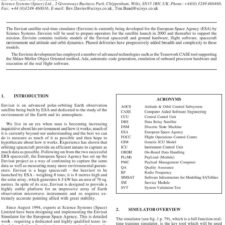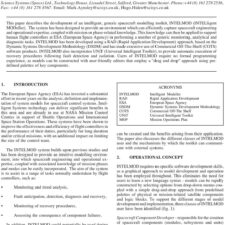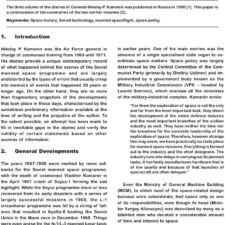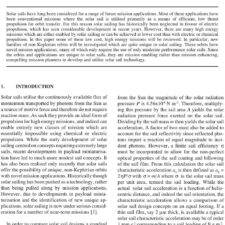Perfect World, Perfect Societies – The Persistent Goal of Utopia in Human Spaceflight
£5.00
R.D. Launius (2003), JBIS, 56, 338-349
Refcode: 2003.56.338
Abstract:
This essay sets about the task of exploring three basic aspects of the persistent goal of Utopia in human spaceflight. First, after briefly considering the rise of spaceflight in the United States, this essay will discuss the rise of a zealous pro-space movement in the 1970s and the resulting efforts to justify space exploration using a range of arguments that at their base contain a strong element of utopianism. Second, this paper shall investigate the radical ideas of spaceflight utopianism contained in the work of Gerard K. O’Neill and extending to the present with advocates such as Robert Zubrin. Finally, this essay will explore flaws in the utopian impulse in favor of space exploration. Like all works of advocacy, those who seek to “sell” spaceflight as a positive good overstate their cases. Clearly the radical utopian ideal of creating a perfect society has numerous effective detractors and may be debunked using any number of methodologies: history, psychology, economics, political theory, and technological hubris. At the same time, spaceflight advocates have some untapped aspects to their utopian arguments that would greatly strengthen their position should they effectively articulate them.





